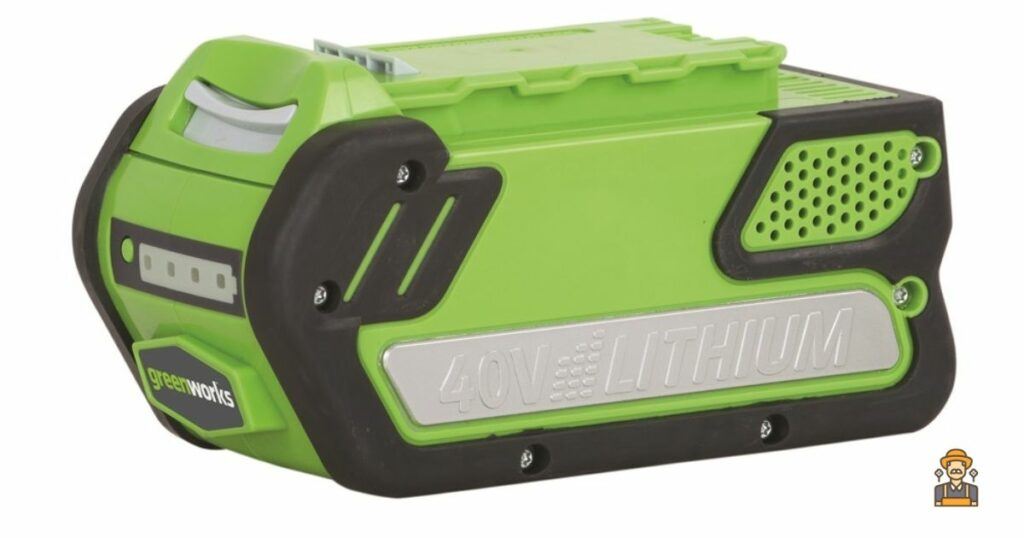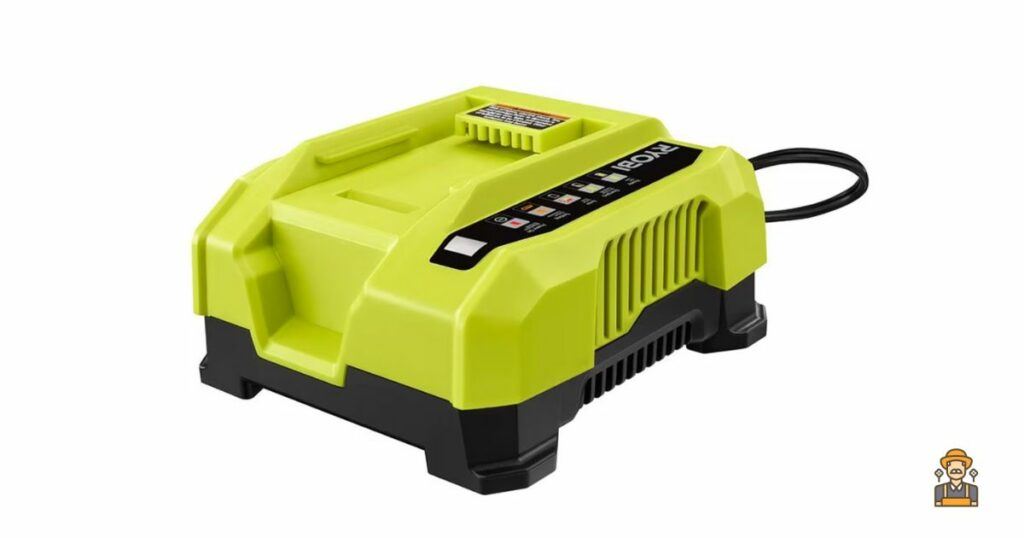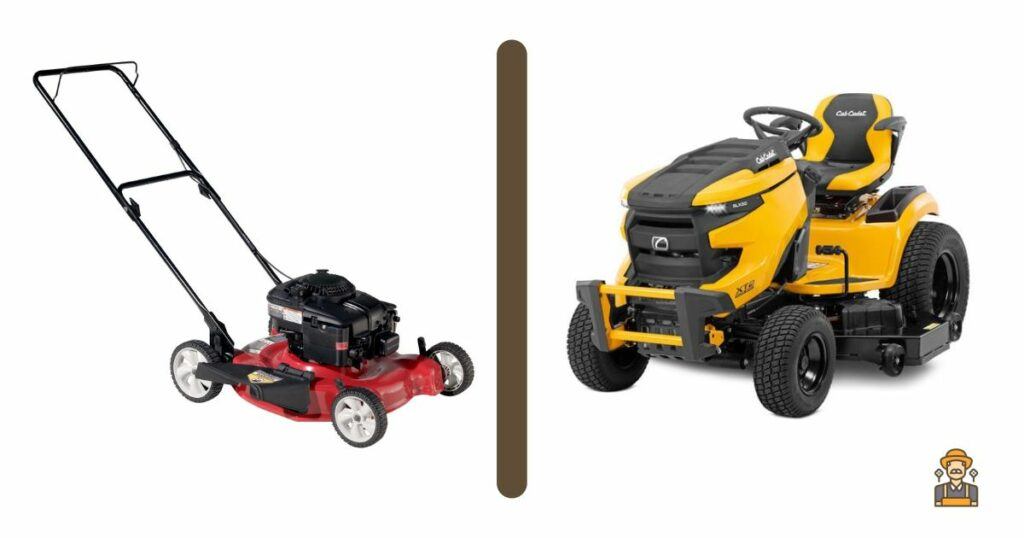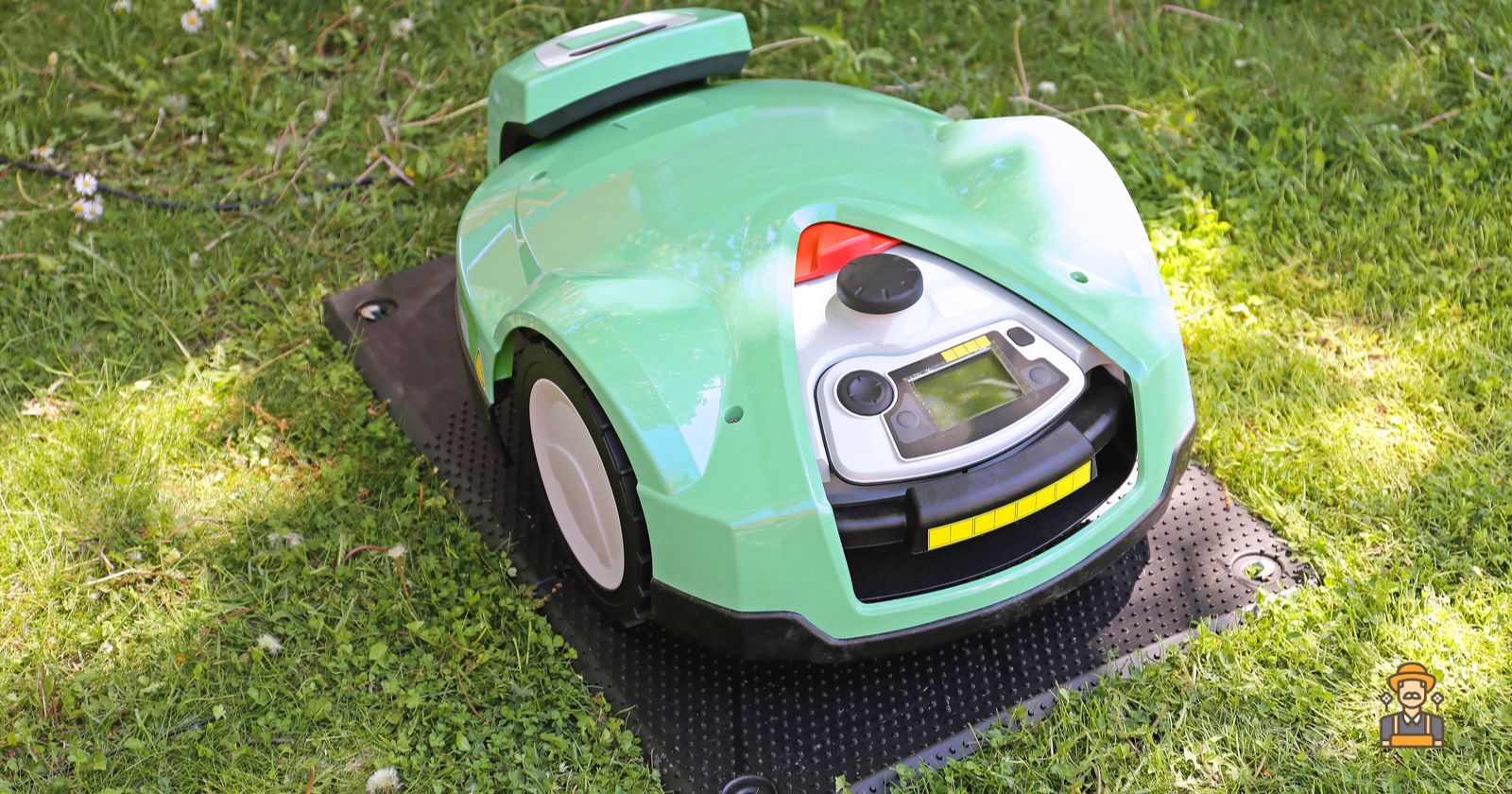As a homeowner, you might often wonder how long do lawn mower batteries last. The battery life depends on several factors, including the type of battery and how well you maintain it. In this article, we’ll explore the typical lifespans of different lawn mower batteries and provide tips for maximizing their useful life.
With proper care, a lead-acid lawn mower battery should last about 3 to 4 years, while most battery-powered mowers with lithium-ion batteries can typically be expected to function for up to 5 years or 500 charging cycles. Ensure that you charge your battery according to the manufacturer’s guidelines to prolong its lifespan. Keep in mind that environmental factors, such as extreme temperatures, can affect battery performance and may reduce its overall life.
To get the most out of your lawn mower battery, you should perform regular maintenance tasks. This includes keeping the battery clean, checking connections for corrosion, and storing the mower in a cool, dry place when not in use. It’s essential to adhere to these maintenance practices to ensure your mower remains efficient and ready for use when needed.
Types of Lawn Mower Batteries

Lead-Acid Batteries
Lead-acid batteries are a common type of battery used in lawn mowers. They have been around for a long time and are still popular due to their affordability and ease of use. A lead-acid lawn mower battery typically lasts for 3 to 4 years, depending on how well you take care of it and your usage patterns.
These batteries are known for their durability and ability to provide a consistent power supply for your lawn mower. However, they tend to be heavier in comparison to lithium-ion batteries and may require more maintenance. It is crucial to ensure that the electrolyte levels are maintained, and the battery is charged regularly to maximize its lifespan.
Lithium-Ion Batteries
Lithium-ion batteries are a more recent addition to the lawn mower battery market. They are lightweight and have higher energy density compared to lead-acid batteries. This means that they can store more power in a smaller and lighter package, making them ideal for cordless lawn mowers.
A lithium-ion lawn mower battery can last up to 5 years, depending on how well you take care of it and your usage patterns. These batteries also have the advantage of being low-maintenance, as they do not need periodic checking of electrolyte levels. However, they can be more expensive than lead-acid batteries, so you should factor costs into your decision.
To prolong the life of your lithium-ion battery, store it in a cool, dry place when not in use, and avoid overcharging it. Proper storage and charging practices will help ensure that you get the most out of your investment.
Remember to always follow the manufacturer’s guidelines for battery care and maintenance, regardless of the type of lawn mower battery you choose. This will help you to maximize the battery life and get the best performance from your mower.
Factors Affecting Lawn Mower Battery Life

Maintenance and Storage
Proper maintenance and storage play a critical role in the life of your lawn mower battery. To prolong its life, you should:
- Keep the battery clean and dry, free of dust and dirt. This prevents buildup on the terminals, which can cause poor electrical connections and reduce battery life.
- Disconnect the battery during the off-season and store it in a cool, dry place to prevent discharge and corrosion.
By taking care of these simple tasks, you can help maintain your battery’s performance and extend its lifespan.
Temperature and Moisture
Temperature and moisture also affect your lawn mower battery’s longevity:
- Extreme temperatures, both hot and cold, can cause your battery’s capacity and performance to degrade. Ensure your battery is stored in a place with moderate temperatures to avoid extreme temperature changes.
- Moisture can cause corrosion on the battery terminals, shortening the battery life. Make sure your battery is kept in a dry environment to prevent corrosion.
Being mindful of your battery’s exposure to temperature and moisture will help prolong its life.
Charging and Overcharging
The way you charge your lawn mower battery also impacts its lifespan. To maximize it, you should:
- Charge the battery with a trickle charger or battery maintainer, as it helps extend the battery lifespan by preventing overcharging.
- Avoid letting your battery sit in a discharged state for extended periods, as it can decrease its overall lifespan.
- Be aware that lawn mower batteries generally last one to three years or after 200 to 300 charges, with lithium-ion batteries being maintenance-free and generally more long-lasting.
By following these tips, you can optimize the charging process and extend the life of your lawn mower battery.
Push Mower Vs Riding Mower Battery Life

When comparing battery life between push mowers and riding mowers, it’s essential to consider the different aspects, such as battery types and usage.
Push mower batteries generally run on lithium-ion batteries, with a lifespan of up to 5 years or 500 charging cycles. In contrast, lead-acid batteries typically used in riding mowers tend to last about 3 to 4 years. However, keep in mind that proper care and maintenance can significantly affect battery life.
In terms of runtime, battery push mowers often outlast self-propelled mowers using the same battery type. This is primarily due to the lack of power required for propulsion, unlike riding mowers, which need more energy for both cutting and movement.
To extend the battery life of your push or riding mower, consider the following tips:
- Store the battery in a cool, dry place when not in use.
- Avoid overcharging the battery; unplug it once it reaches full capacity.
- Clean the mower and battery terminals regularly to prevent corrosion.
Remember that proper care and maintenance are crucial factors in extending your mower’s battery life, regardless of whether it’s a push or riding mower.
Enhancing Your Lawn Mower Battery’s Lifespan
Proper Charging
To get the most out of your lawn mower battery, it’s essential to charge it correctly. Use a trickle charger instead of a standard charger; this will prolong the battery’s lifespan by providing a slow, steady charging rate. For lead-acid batteries, which typically last 3 to 4 years, remember to fully charge them before storing your mower for the off-season, as this helps maintain their functionality.
Corrosion Prevention
Corrosion can affect a 12-volt battery’s performance, so it’s crucial to address this issue immediately. Keep batteries and connectors clean by regularly inspecting for corrosion and dirt buildup. If you notice corrosion, use a mixture of baking soda and water to gently scrub away the buildup. Apply a thin layer of petroleum jelly on the battery terminals and clamps as an extra protection against corrosion. This will help to ensure your battery’s optimal performance and longevity.
Using Distilled Water
For lead-acid batteries, the water level in each cell affects their lifespan. Check and maintain water levels by adding distilled water when necessary. Perform this maintenance at least once a season. Follow these steps:
- Switch off your lawn mower and remove the battery if accessible.
- Unscrew or unclip the battery caps to access the cells.
- Carefully add distilled water to each cell until the water level reaches the fill line.
- Replace the battery caps and ensure they are secure.
- Reinstall the battery in your lawn mower, if needed.
By following these maintenance tips, you can prolong the life of your lawn mower battery, keeping your lawn looking pristine for years to come.
Additional Lawn Mower Resources
If you are looking for more tutorials, walkthroughs and troubleshooting for Lawn Mowers, here are our most recent posts:
Replacing Lawn Mower Batteries
Signs of a Dying Battery
When your lawn mower battery begins to lose power, you’ll notice a few key signs that indicate it’s time for a replacement. It’s important to keep an eye on these indicators to ensure the longevity and efficiency of your lawn mower.
- Difficulty starting: If you’re constantly having to jump-start your gas-powered mower or wait longer for your electric motor mower to start, this may be a sign of a weak battery.
- Decreased power: Reduced power can be due to a deteriorating battery that’s unable to hold its charge. Observe your mower’s performance and note any decrease in power output.
- Shorter run time: When your lawn mower stops working sooner than it used to or needs more frequent charging cycles, it’s likely time for a new battery.
- Leaking or swelling battery: If you notice any leakage, swelling, or cracks in the battery casing, it’s no longer safe to use and should be replaced immediately.
- Battery age: Lawn mower batteries generally last about 3-5 years. If yours is within this age range, consider checking its performance and plan for a replacement if necessary.
Choosing a Replacement
When it’s time to choose a new lawn mower battery, there are a few factors to take into account:
- Battery type: Lawn mower batteries can be lead-acid or lithium-ion. Lead-acid batteries typically last 3-4 years with proper care, while lithium-ion batteries tend to have a longer lifespan.
- Voltage: Depending on your lawn mower, you’ll need either a 6 or 12-volt battery. Make sure to choose one that’s compatible with your specific mower model.
- Capacity: Ensure your replacement battery has enough capacity to power your mower efficiently. Check your owner’s manual or consult with a professional for guidance on proper battery capacity.
- Weather resistance: If you use your lawn mower in varying climates, opt for a battery that’s designed to withstand harsh weather conditions. Some batteries, like the Duralast Gold U1R-3, are specifically designed to last longer in colder temperatures.
By following these guidelines and being mindful of the signs of a dying battery, you can be proactive in replacing your lawn mower battery and maintaining your mower’s overall performance.
